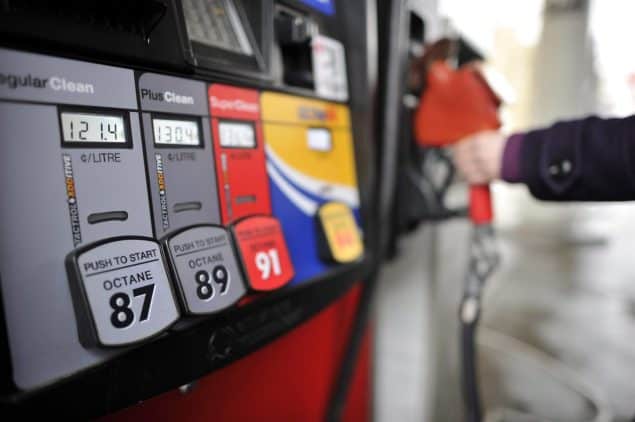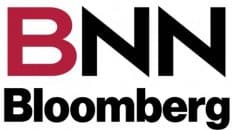If much in life is all about the timing, then someone should retrieve the invitations sent to the environmental gala soon to be held in Glasgow called: COP26 – The 2021 UN Climate Change Conference. It took some searching, but I found out that the COP part stands for “Conference of the Parties” for a number of treaties.
The title isn’t the only thing that’s confusing.
As I understand it, the main goal of this assembly of the “omniscient, all-knowing jet setters,” is to slow down, or even stop global warming by reducing global emissions.
I must ask: How is this to be accomplished? Allow me some guesses:
First, halt the financing of coal fired power plants.
Next, stop deforestation as foliage is a natural carbon sink.
Then, set up a global carbon tax structure to discourage, or even kill off demand for all fossil fuels.
Thank you all for coming, it was great meeting!
Now, while I agree that these may be noble boxes to add to our reverse shopping list, it will be a hard sell to those countries trying to secure supply of any form of heating fuel, let alone pay for it, with winter glaring us in the face.
Prices and supply of natural gas are now at crisis levels in Europe, and this has, by energy osmosis, finally leached into the North American market and torn a hole in the consumer’s wallet.
It’s even more difficult to convince China to stop opening coal-fired power plants – at the rate of one a week!
Could one of the 30,000 attendees at COP26 please explain to me – If coal is so evil, why are so-called world leaders applying pressure on China to increase coal consumption?
The answer to that question is: By upping coal use, this will reduce China’s demand for natural gas and thereby lower prices for the commodity globally.
One of those leaders is, of course, U.S. President Joe Biden who is witnessing record high gasoline, diesel, and jet fuel prices. So, if the president can get natural gas prices under control, won’t that mean lower prices will eventually show up at the pump?
Here’s the kicker: High natural gas prices are affecting diesel prices because diesel is the standby fuel in times of tight natural gas supply. As long a diesel supply is tight, and demand is out of control, this will continue to increase gasoline pump prices as well as diesel.
Until such time as natural gas prices begin to slow down, there is another consumer who will be under price and supply pressure; and that will hit consumers hard yet again.
This customer is the largest industrial consumer of natural gas, the oil sector, specifically the refining industry.
In order for crude oil to be refined it has to go through a distillation column that requires the crude oil to be heated to extremely high temperatures to crack long chain hydrocarbons into gasoline and diesel.
With today’s record high natural gas prices refiners have two choices: Cut refinery run rates or increase prices to lower demand.
Either way, the end price to the commercial and private consumer has only one way to go – and it isn’t down.
Perhaps that’s something that can be added to the dance cards at the COP26 masquerade ball.
Thing is, they can’t hide behind their masks on this one.
– Roger McKnight – B.Sc., Senior Petroleum Analyst








Add comment